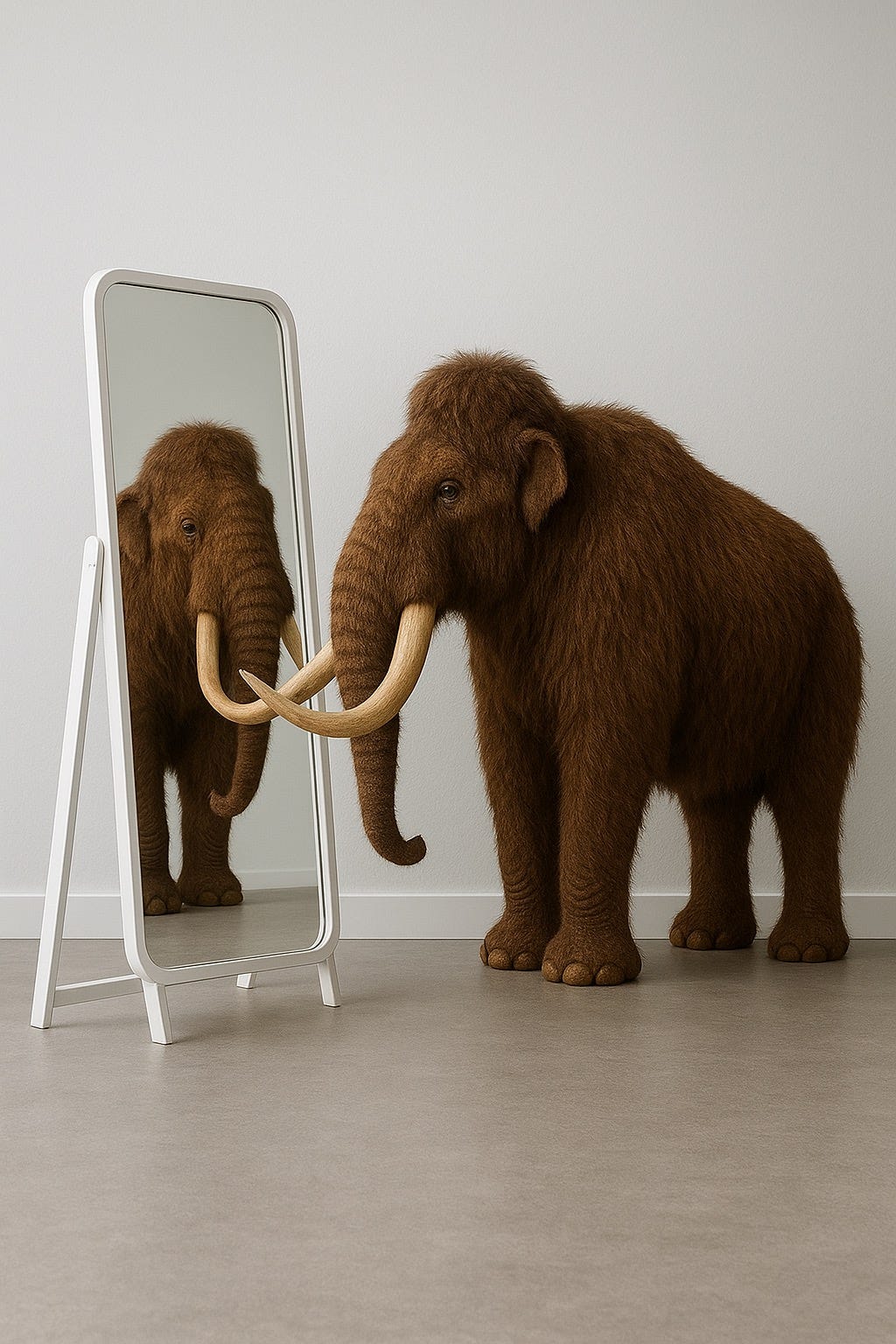The Shadow of Comparison
Measuring Ourselves in a Modern World
The Ancient Scale
For as long as humans have lived in groups, we’ve measured ourselves against others. In small tribes, comparison was a survival tool: who could hunt best, who could heal, who could lead.
These observations helped communities thrive. But today, the scale has grown beyond recognition.
No longer limited to a handful of peers, we compare ourselves to curated highlight reels from millions across the globe — often forgetting that we’re weighing ourselves against shadows, not reality.
The Psychology of Comparison
Psychologist Leon Festinger (1954) argued that people evaluate themselves by comparison. This takes two forms:
• Upward comparison — looking to those we perceive as more successful, which can motivate us, but more often leaves us with envy or inadequacy.
• Downward comparison — measuring ourselves against those we see as worse off, which may bring temporary relief but can erode empathy and authenticity.
In small doses, comparison can nudge growth. Left unchecked, it becomes corrosive — turning self-worth into a currency always in deficit.
The Modern Amplifier
In modern life, comparison is everywhere:
‼️ Social media turns ordinary lives into filtered exhibitions.
‼️ Work culture celebrates relentless productivity, rewarding those who are always “on.”
‼️ Advertising thrives on making us feel incomplete until we buy, upgrade, or become more.
What once kept tribes balanced now keeps individuals restless.
The Toll on Mental Health
The psychological price is heavy:
• Anxiety and depression linked to endless upward comparisons.
• Body image struggles and eating disorders from unrealistic ideals.
• Burnout from measuring worth by output alone.
• A fractured self-concept, built on “if only” and “not enough.”
A Person-Centered Reframe
Carl Rogers believed people flourish when given unconditional positive regard — when they feel valued not for what they achieve or resemble, but simply for who they are.
He also described the tension between the real self (our present experience) and the ideal self (who we believe we should be).
Comparison often exaggerates this gap. The more we measure ourselves against external ideals, the further our real self feels from our imagined ideal self — a state Rogers called incongruence.
Over time, this can breed anxiety, dissatisfaction, and even a sense of inauthenticity.
Person-centered psychology invites us back to our own path
Growth doesn’t happen by chasing an external ideal but by narrowing the gap — not through comparison, but through self-acceptance, alignment with values, and authentic becoming.
A Grounding Practice — The Enoughness Pause
When you catch yourself in comparison, try this three-step reset:
🦣 . Pause. Breathe deeply. Name the comparison thought aloud or silently (“I’m comparing myself to…”
🦣. Return. Place a hand on your chest and ask: What do I value? What season of life am I truly in?
🦣. Affirm. Finish with: Right now, I am enough as I am becoming.
This simple practice reorients us from the shadow of others to the reality of ourselves.
Closing Thought
Comparison will always be part of being human. The challenge in modern society is remembering that growth is not a race, and worth is not a leaderboard.
When we measure ourselves by our own values instead of someone else’s highlight reel, we step out of the shadow — and back into the light of being enough.


